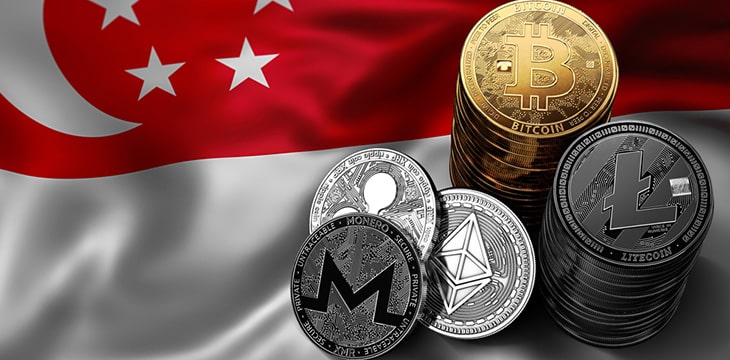|
Getting your Trinity Audio player ready...
|
A parliamentary hearing has revealed that virtual asset fraud cases in Singapore are on a steady rise. The hearing saw the attendance of enforcement agencies, Law and Home Affairs representatives, and the Monetary Authority of Singapore (MAS).
According to data provided by the police, digital asset scams spiked nearly five times from the figures posted in 2019. A total of 125 scams were recorded by law enforcement in 2019, and by the end of 2021, the number had ballooned to 631 marking a torrid season for digital asset investors.
The hardest hit of the scams appears to be migrant workers, which Parliamentarian Rachel Ong says have cost the demographic a staggering $24 million in 2021. It is unclear why migrant workers fall victim to the scammers, but the police say many bad actors are based outside Singapore.
“The vast majority of cryptocurrency scams are perpetrated by scammers based outside Singapore,” said Law and Home Affairs Minister K Shanmugam. “As such, there is a limit to how much law enforcement agencies in Singapore can do.”
Shanmugam disclosed during the hearing that “recovery is even more difficult” when the funds have left the country’s shores, but brave attempts have been made to rein in the occurrence of fraud. In 2018, the National Police set up a task force charged with keeping a firm eye on the digital assets industry and given the authority to collaborate with foreign agencies.
Migrant workers are most susceptible to phishing and fake job scams, while romance scams involving digital assets came in third. Members of Parliament are debating whether or not to give special consideration for compensation to migrant workers for the losses suffered.
The top regulator eyes virtual currencies with suspicion
The MAS, Singapore’s chief regulatory watchdog for the digital assets industry, has previously stated that virtual assets are not “suitable for investments for the general public given their highly volatile prices and speculative nature.”
Since the series of implosions that rocked the industry’s biggest players, the central bank has seized the opportunity to crack down on the ecosystem. One of the early warning strikes was the issuance of new guidelines on virtual currency advertisements that asked operators to limit their ads to official channels.
The country’s de facto central bank has been probing into the activities of digital asset service providers in the industry, with the experts warning investors to brace for a major industry crackdown.
Watch: The BSV Global Blockchain Convention presentation, Trust But Verify: Everything

 03-03-2026
03-03-2026 




